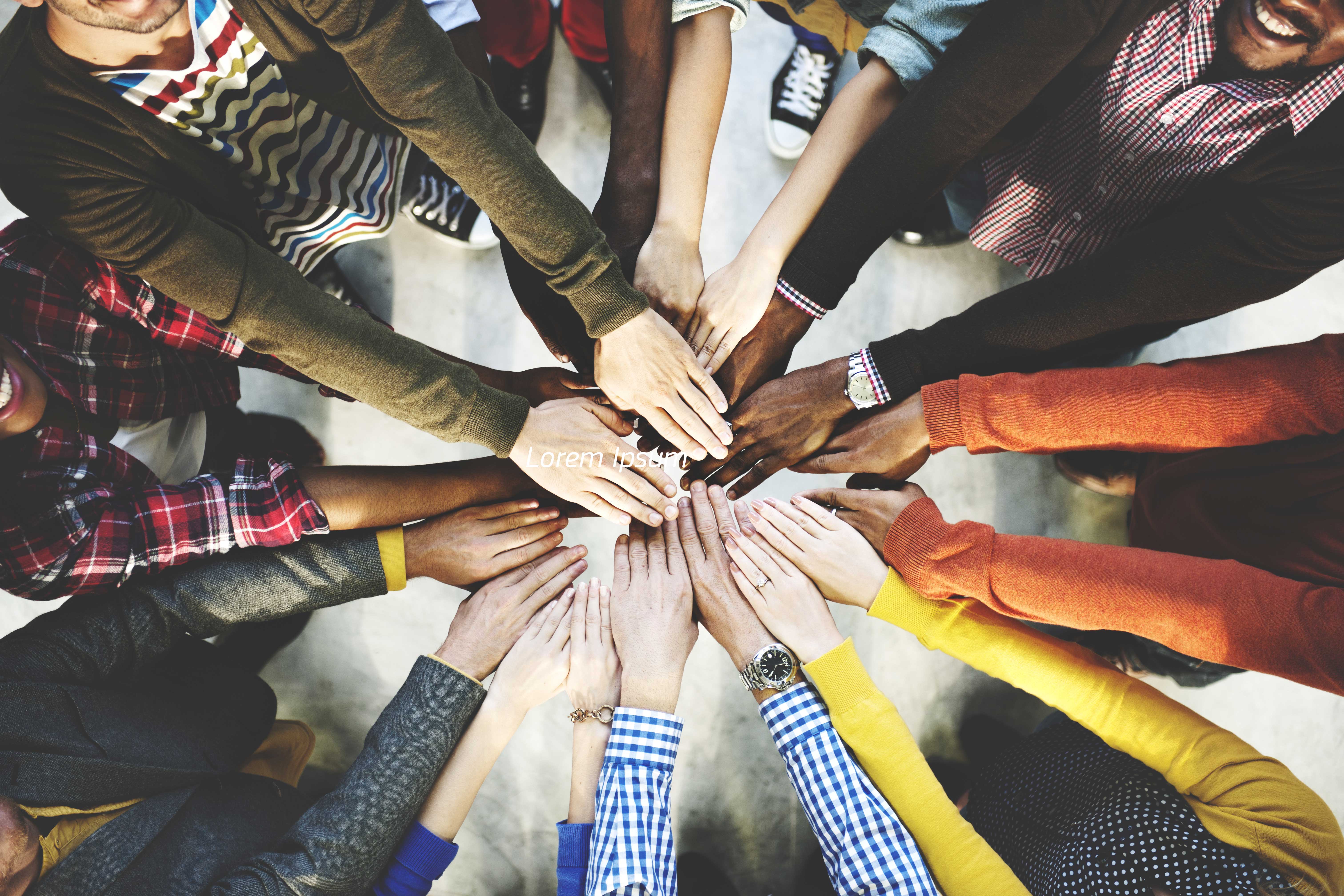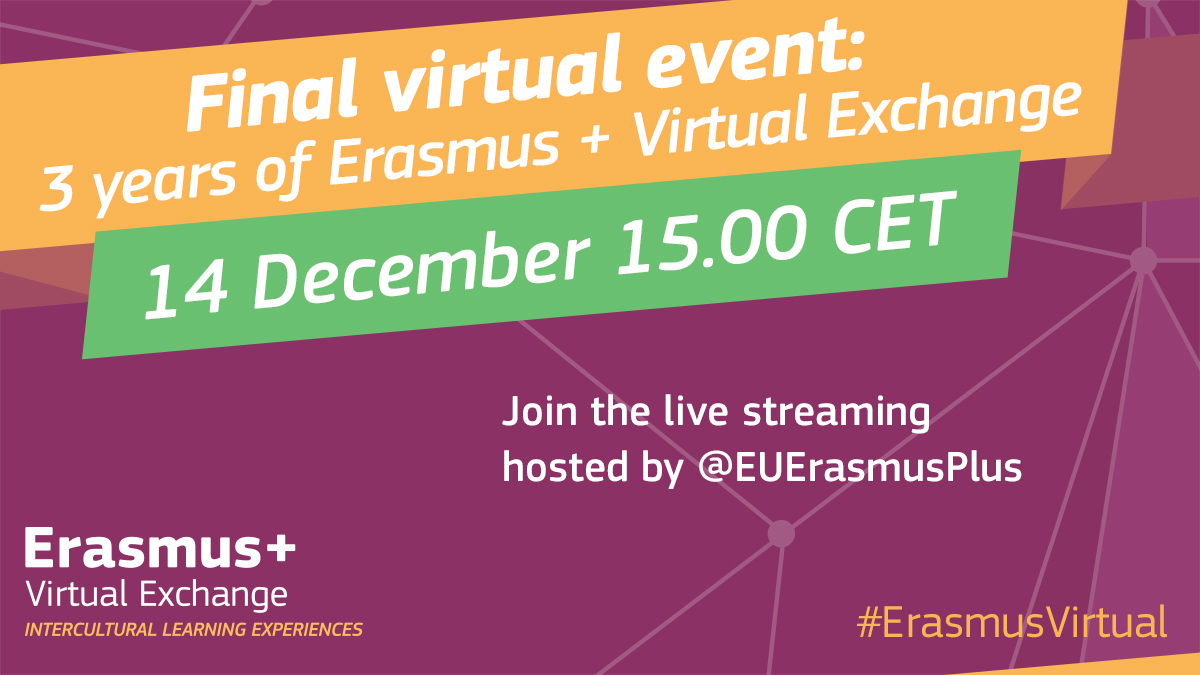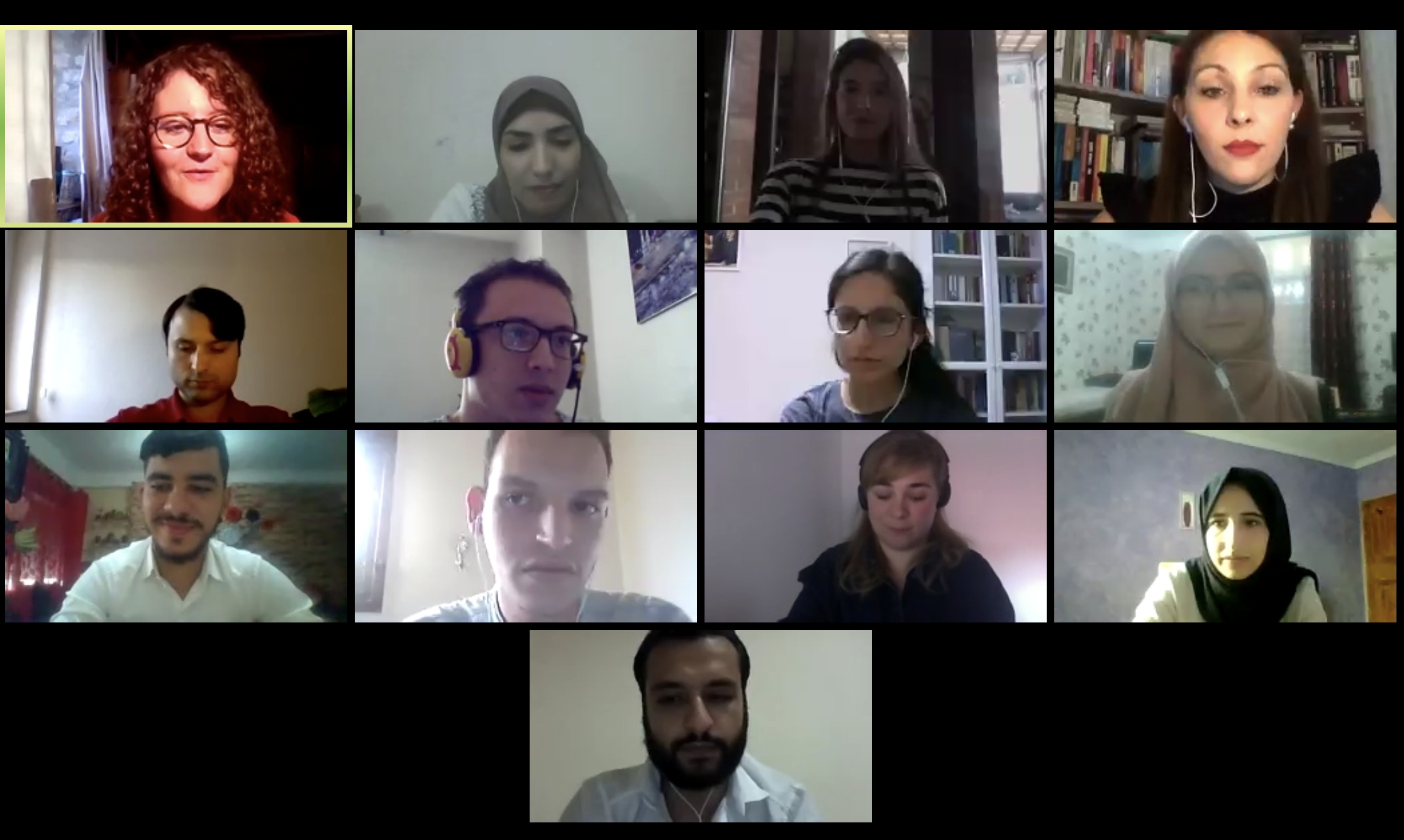Erasmus+Virtual Exchange highlighted in the EU Statement to the UN Security Council on Youth Peace and Security

Erasmus+ Virtual Exchange “enhances youth-led dialogue, media literacy and active citizenship” highlights the “EU Statement to the UN Security Council on Youth Peace and Security”. Linked to the Open Debate on Maintenance of international peace and security: Youth, Peace and Security, this statement was made at the United Nations Security Council this week.
By bringing together young people from diverse cultural, religious, and socioeconomic backgrounds in a meaningful intercultural learning experience, Erasmus+ Virtual Exchange not only fosters education, but also contributes to social cohesion by enabling young people to engage with difference in a positive way.
Participants engaged in the online exchanges develop skills and competences which enhance their access to employment opportunities and encourage active global citizenship. They also learn to collaborate with one another across lines of perceived or actual difference, while promoting a culture of peace and tolerance.
Erasmus+ Virtual Exchange pursues objectives which are closely aligned with the UN Security Council Youth, Peace and Security agenda, and more specifically the Prevention Pillar of UNSCR 2250, as it empowers youth to become constructive political actors, peace promoters, and key socioeconomic stakeholders. 91% of participants describe what they learned from other cultures as positive or very positive, according to the ”Erasmus+ Virtual Exchange 2018-2019 Achievements Report”.
“Virtual Exchange enables participants to engage with ‘otherness’, and to think critically about their own identities and views. They learn how to feel at ease and deal constructively with conflict. Participants address current social dynamics and conflicts at local and global levels”. Marjus, Erasmus+ Virtual Exchange Facilitator from Italy.
A good example of the project’s potential to give agency to young people is the newly-launched “Youth, Peace and Security” course, which is reaching over 900 young people across Europe and the Southern Mediterranean region. Through an original lecture series and facilitated dialogue sessions, young people are offered a chance to exchange ideas and perspectives with their peers and explore together the roles and power of youth to transform conflict and contribute to positive social change
“Some participants come from areas where war and violence is part of their life. While experiencing all aspects of conflict first-hand, they seek to see hope in peace. The course encourages them to think critically about their role in peace and how they should become main actors in peace-making processes in order to achieve sustainable peace in their communities”. Bilal, Erasmus+ Virtual Exchange Facilitator from Syria.



